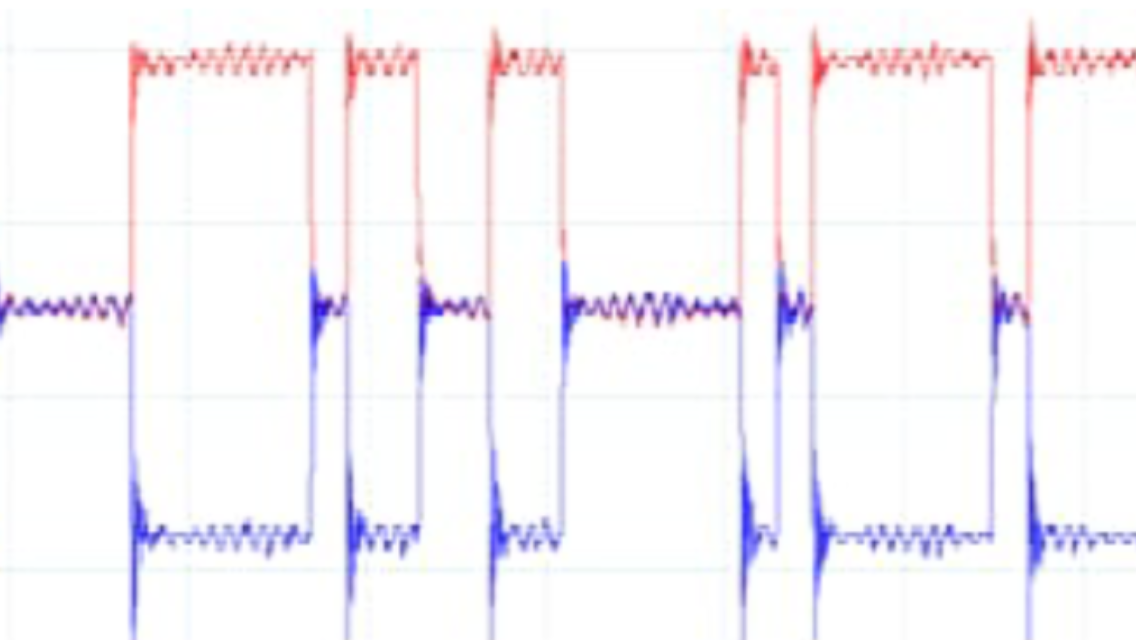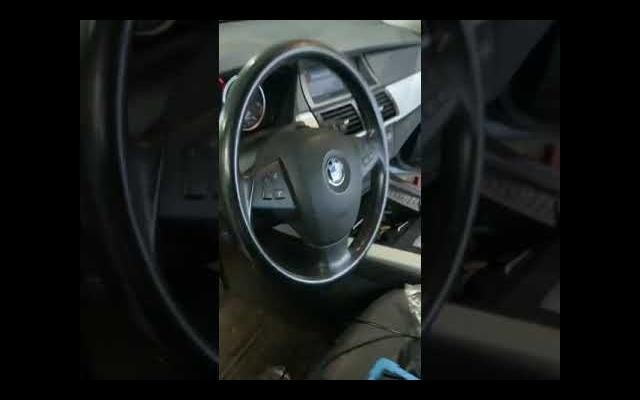Diagnostics of Line K, Lin, CAN, TTCAN, FlexRay, TTP, Bluetooth and MOST networks

Bus Systems
CAN, CAN FD, FlexRay, Ethernet, K-Line, LIN and MOST in use
In addition to access to the vehicle via the diagnostic connector (CAN or K-Line), defined by the legislator, other bus systems have also established themselves as standards in the vehicle. These always focus on special requirements, ranging from inexpensive implementation (e.g. LIN) through high bandwidth (Ethernet) to possible use in security-relevant distributed closed-loop control (FlexRay).
CAN ISO 11898

The CAN bus (Controller Area Network) was introduced to enable the networking of a large number of ECUs. It permits high data rates in diagnostics and flash programming.
CAN FD ISO 11898-1

CAN with flexible data rate (CAN FD) overcomes the limitations of the classical CAN bus in terms of data transfer rate. In practice the data throughput of CAN FD is six times higher than classical CAN, depending on the network topology.
LIN

LIN bus (Local Interconnected Network) enables the inexpensive integration of sensors and actuators in vehicle networks. It creates small subnets.
FlexRay

FlexRay was invented at the beginning of this century to be able to implement an appropriate bus system for security-critical applications. It enables deterministic time responses and is designed to be redundant.
MOST

MOST (Media Oriented System Transport) was introduced at the beginning of this century to simplify the integration of infotainment ECUs into the vehicle thanks to its special communication mechanisms and high data rates.
K-Line ISO 9141

In the 1990s, the K-Line was one of the first ways of accessing ECUs in completed vehicles. This is why it was stipulated in the first OBD standards and has been in use ever since. Today, it is being replaced in new projects by CAN.
SAE J1850

The launch of OBD led to standardized access of vehicle networks – something enabled in the US with the help of the J1850 standard.
Ethernet

With Ethernet, a standard that has been used successfully for years now in networking is currently being introduced to automotive electronics. In addition to inexpensive components, a major advantage is the extremely high bandwidth.





